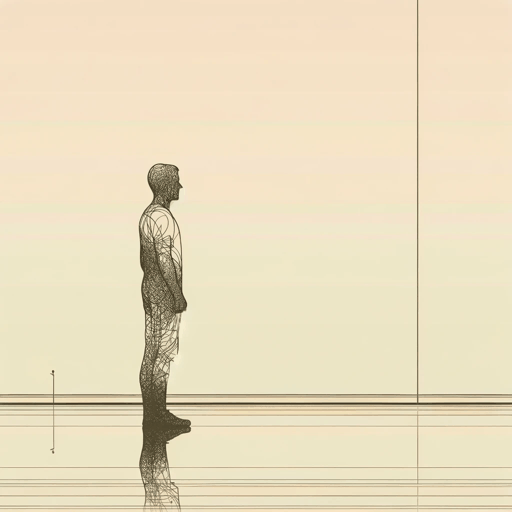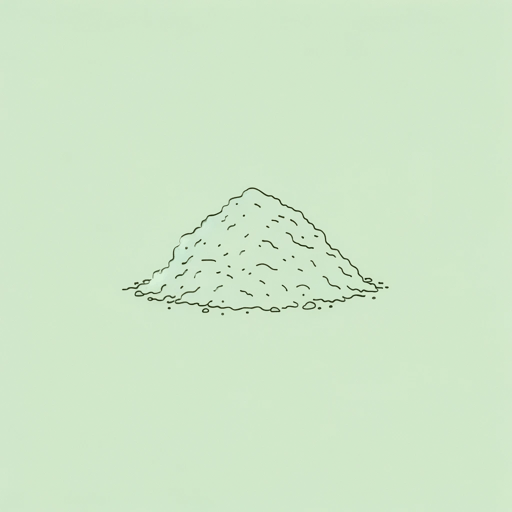18 pages • 36 minutes read
Sharon OldsThe Victims
Fiction | Poem | Adult | Published in 1984A modern alternative to SparkNotes and CliffsNotes, SuperSummary offers high-quality Study Guides with detailed chapter summaries and analysis of major themes, characters, and more.
Summary and Study Guide
Overview
In the wake of the confessional poets, Sharon Olds largely wrote about provocative, taboo topics such as the body, domesticity, sex, childhood trauma, and more. Published in 1984, “The Victims” is no exception. Crafted in the form of a memory, the adult speaker looks back and reflects on their parent’s divorce and the subsequent consequences, particularly on their father’s life. Written near the start of Olds’s poetic career, “The Victims” acknowledges her father’s alcoholism and abuse that plagued and eventually broke up their family. Like most poems that delve into memory, “The Victims” resurfaces in the final third of the poem, returning to the present tense as the speaker gains newfound realizations about what occurred.
While open and often critical of her upbringing and her father’s abuse, Olds’s “The Victims” clearly shows the speaker’s empathy toward their father in the final lines as the speaker—and the poem—ambiguously circle around whom the victims are.
Poet Biography
Sharon Olds (1942- ) was born in San Francisco in 1942 and grew up in Berkeley, California. Born into a highly religious family, she was raised as a “hellfire Calvinist” (“Sharon Olds: Blood, sweat and fears.” 2011. Independent.co.uk). This, coupled with her father’s alcoholism and abuse, shaped much of her writing as an adult. Furthermore, Olds’s childhood was governed by religious rules, censorship, and restriction. As a girl, Olds was sent to Dana Hall School, an all-girls boarding school in Massachusetts, which nurtured her love of English, creative writing, and literature. She earned her BA from Stanford and her Ph.D. from Columbia University.
Olds erupted onto the poetry scene in 1980 with the publication of her first collection of poetry, Satan Says. Her poems, though praised by some, were largely met with criticism for challenging the typical understanding of poetic topics. Olds was chastised for being too emotional in poems or for writing about women’s issues. Despite this initial reception, Olds continued to write provocative poems about sex, abuse, her childhood, and her children, many of which were not—at the time—deemed appropriate for poetry.
Olds held her ground. In 2012, she officially made her mark when she published her most notable work, Stag’s Leap, and won both the Pulitzer Prize and the T.S. Eliot prize. The collection, originally written in 1997, chronicled the divorce from her husband.
Olds, and her poetry, have since been largely accepted by the poetic world as offering an important voice and contribution to contemporary poetry. Having won several prestigious awards—including fellowships from the Guggenheim Foundation and the National Endowment for the Arts—and having served as New York State Poet Laureate of New York from 1998-2000, Olds currently teaches in the creative writing program at New York University.
Poem Text
Olds, Sharon. “The Victims.” 1982. poemist.com.
Summary
From the perspective of an adult looking back on their childhood, “The Victims” tells the story of a family’s divorce and the subsequent downfall of the father. The poem begins with a clear, declarative statement: “When Mother divorced you, we were glad,” (Line 1). This establishes a tone of pride and achievement at having taken down an enemy or wickedness. Chronicling the aftermath of the divorce, the speaker relays how the father quickly lost his identity. His job was taken from him, along with his power and position until the speaker finally acknowledges his “annihilation” (Line 17).
In Line 17, the poem shifts into the present tense with the word “[n]ow” used to indicate the time during which the speaker is speaking. No longer reminiscing on the past, the speaker is suddenly in the streets, walking past “bums in doorways” (Line 18). These bums, it can be inferred, are symbols for the speaker’s father who had everything stripped from him following the divorce. They are dressed in tatters, “their bodies gleaming through slits in their / suits” (Lines 19-20). In the final lines of the poem, while walking past the bums, the speaker ponders their lives, thinking them akin to her father and her family’s situation.
Related Titles
By Sharon Olds







